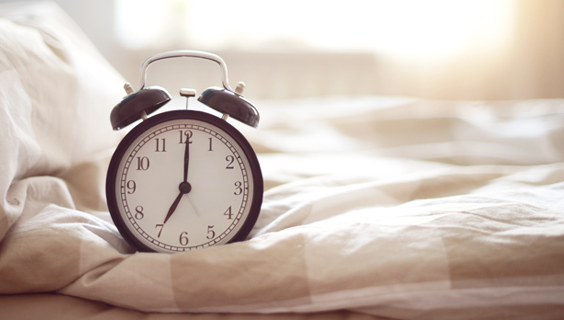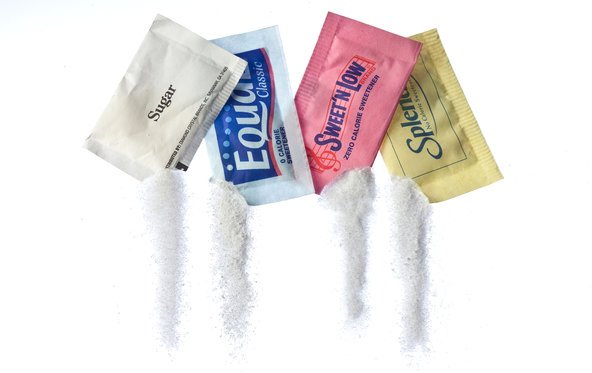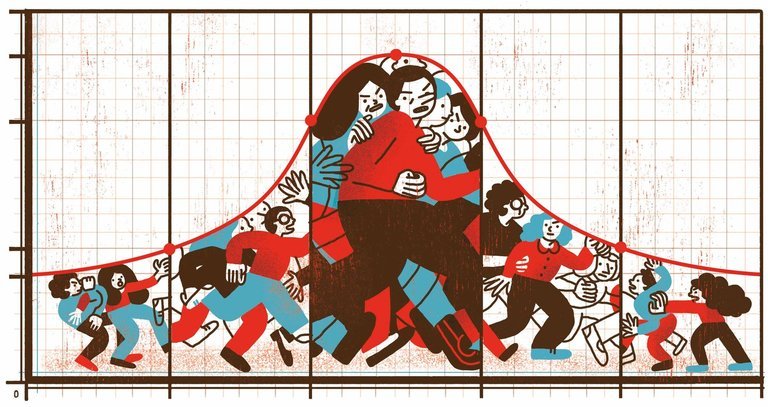It is a common thing to hear me say that I need to catch up on my beauty sleep, which really just means that I am exhausted and am simply in need of a nap. I don’t expect a nap to make me more beautiful, but it has, in fact, been proven that beauty sleep is not simply an expression, it’s an actual occurrence.
It is natural for us to pick up on sleep-related expressions. In one study, led by John Axelsson, observers found that a group of people who had been sleep-deprived appeared “less healthy, less attractive, and more tired” relative to that same group of people after a full eight hours of sleep. The results of the study showed that lack of sleep is in fact noticeable on a person’s face.
Some of these facial cues are seen through saggy skin, puffy eyes, and just a pale, pasty appearance, which are usually accompanied by a disgruntled and slightly more-than-usual irritable expression. Without enough sleep, we get dark circles, increased stress, and are more tense about everyday matters.
This happens because our bodies repair themselves and work on maintenance as we sleep. Energy is not being allocated to walking, talking, and thinking, so the body can focus its energy into rebuilding. Lack of sleep prevents the body from fully restoring and repairing parts of our bodies, resulting in us not feeling refreshed as we wake up in the morning.
Not only does sleep provide us with a naturally more beautiful appearance, it helps us grow, relax, and be more productive. In fact, certain waves during the sleep cycle allow us to learn new things and strengthen different neuron pathways. A 2009 study at the Harvard School of Public Health showed that people who took naps regularly were at a 37% lower risk of suffering a fatal heart attack than those who did not nap. Another study at Stanford showed that “lack of sleep lowers leptin levels and raises ghrelin.” These two hormones regulate appetite, so skipping sleep can lead to unhealthy eating patterns.
Eating patterns have a lot to do with the way we look. If we eat a lot of oily foods we can get severe acne. If we do not drink enough water our skin looks dried out, because water helps flush waste material out of our bodies. We might avoid fruits and vegetables, and thereby lose out on nutrients that we need to stay looking healthy. These nutrients keep our eyes bright, our hair shiny, and our skin healthy.
Some may say that sleeping a little less is all right and they will look awake and refreshed in the morning with the various face washes available or a couple of cups of coffee. But are they really awake? According to Medical News Today, students who are generally in their teens or early twenties need more sleep than the average adult because their circadian rhythm is more readily disrupted. In fact, this article recommends that we get ten hours of sleep a night; this will help is remember things we have studied the night before, have a more positive attitude towards learning, and be more able to retain new knowledge.
With this information, it is safe to conclude that getting enough sleep will cut out some of the stress students face on day-to-day basis about not remembering enough or having enough time to review for classes. This way, you can learn it once, learn it correctly, and be able to use this knowledge for the rest of the semester. Not only does this relieve some mental strain, but because it relieves mental strain, we are physically more relaxed, in a better mood, and happier. So as a whole, we look better as our level of mental stress decreases.
Sleep is our way to take a break from the stresses of daily life and allow our bodies to rest and rejuvenate. It allows us to be in better shape for the day to come, whether it be mentally, physically, or just for a self-esteem boost. So go get your full eight hours and be the best you can in every aspect of your life!
Citations
- Beauty Sleep Is No Myth, Study Finds from Huffington Post College by TheHuffingtonPost.com, Inc. <http://www.huffingtonpost.com/2010/12/15/beauty-sleep-is-no-myth-s_n_797242.html>
- Getting Enough Sleep Will Help Raise Your Exam Scores – AASM To Teens from Medical News Today by MediLexicon International, Ltd. <http://www.medicalnewstoday.com/releases/93257.php>
- The Truth About Beauty Sleep from Care2 Make a Difference <http://www.care2.com/greenliving/the-truth-about-beauty-sleep.html>
- The Truth About Beauty Sleep from WebMD by WebMD, LLC. <http://www.webmd.com/beauty/skin/truth-about-beauty-sleep>
Article by Richa Sheth
Feature Image Source: National Institute on Aging
























